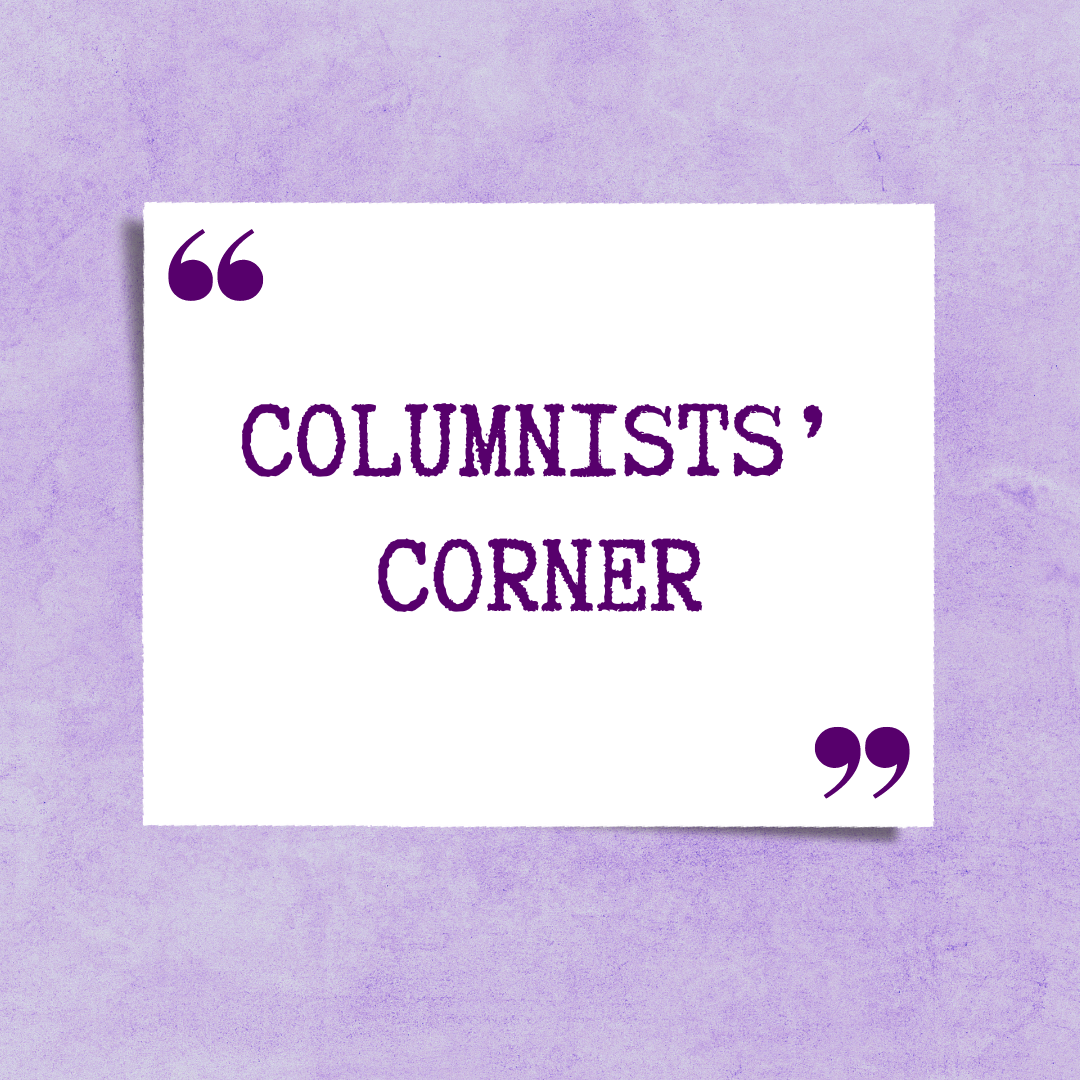If I think about it for long enough, I will often come to the conclusion that words have no meaning. Words get their meaning from other words, and those words get their meaning from other words, and so on. But what happens when the cycle ends, and there is no clear understanding of anything?
While the thought is befuddling, it leaves room for the imagination. Language has been an integral part of human culture for tens of thousands of years. But, somewhere in the muddy mess that is the evolution of language, words became not only a method of communication but of expression.
One of the best things about words is their ability to change based on the speaker, context or even the setting. There is a reason that parents raise an eyebrow when we use slang. The meaning is what we make it to be.
Slang is not the only example of a change in connotation or overall meanings in words.
Take the word queer, for example. Its modern-day associations are with the LGBTQ+ community (the Q is for queer) as a form of gender and sexuality expression.
The word queer originated in the 1500s and meant strange or peculiar, coming from the German word quer, meaning odd. Starting in the year 1812, it was a slang term meaning counterfeit money. It wasn’t until the early 1900s that homosexuals were connected to the word. During this time, queer was used as a derogatory term.
But then, a word that was associated with shame became a source of pride. It was the source of many chants during the 60s and 70s at Pride events. “We’re here because we’re queer” became a popular slogan among gay liberationists. In the past 50 years, it has become an identity in itself.
Many words considered derogatory or degrading have been reclaimed by the people they were created to harm.
This concept is something I have always found comfort in. Taking the things that hurt us and embracing them. Of course, if not done for the right reasons, it can be self-deprecating. But with the right intention, it becomes freeing.
Words are what you make of them. Their meanings? What you want of them.
So, if a little girl gets called annoying, weird or loud, then she can smile and say she is annoying, weird and loud. Or if a little boy gets called nerdy, quiet or a loser, then, after crying about it when it becomes too much, he can proudly shout that he is nerdy, quiet and a loser.
Who decided what qualities about us were bad or good? Who gets to say that being one thing is bad, but being another is good?
I do not have a clear answer to any of these questions, but I do have a perspective.
Who cares? So what? It is our job as individuals to make the rules. To take words and decide what they mean to us. What does this mean to you? What do you want it to mean? Those are the two most important questions.



